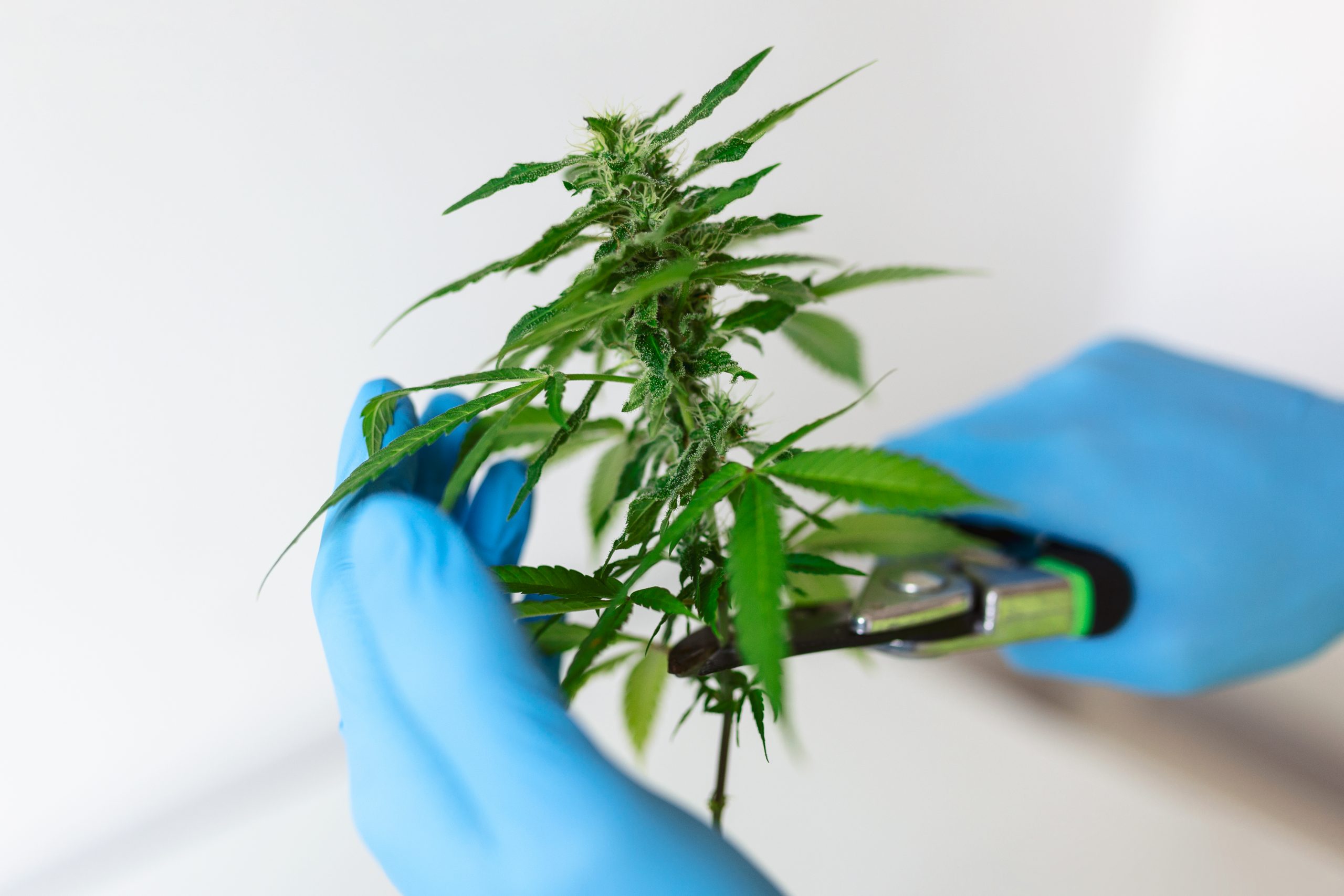

In the first three months of use, Australian patients with chronic health concerns prescribed medical cannabis exhibited significant increases in overall health-related quality of life and fatigue, as well as reductions in anxiety, despair, and pain.
According to a study published September 6, 2023 in the open-access journal PLOS ONE by Margaret-Ann Tait from the University of Sydney, Australia, and colleagues, cannabis therapy did not appear to help reported sleep problems.
In Australia, medical cannabis has been available for prescription to people with medical disorders who have not responded to traditional treatments since 2016. Tait and colleagues examined a group of Australians with chronic health issues who were prescribed medicinal cannabis in order to better understand any changes in patient-reported outcomes in this population following cannabis treatment.
Between November 2020 and December 2021, the authors used survey responses from 2,327 Australian patients with chronic health concerns who were supplied medical cannabis (THC and CBD dissolved in a medium-chain triglyceride (MCT) carrier oil). Prior to starting cannabis therapy, patients were polled about their self-reported health-related quality of life, pain, sleep, anxiety, and depression, and then once a month for three months.
The patients polled were 63% female, with an average age of 51 years (range 18-97 years). Chronic pain (69%), sleeplessness (23%), anxiety (22%), and anxiety/depression (11%), were the most commonly reported conditions being treated; half of patients were being treated for more than one disease.
Over the course of three months, patients reported significant, clinically significant improvements in health-related quality of life and tiredness metrics. Patients also reported clinically substantial pain reductions and significant improvements in moderate-severe anxiety and sadness. Despite the fact that cannabis was provided to a large number of patients for insomnia, there were no overall improvements in patient-reported sleep disturbance.
Although the authors did not measure adverse effects as part of the study, 30 individuals formally withdrew from it due to “unwanted side effects.” Regardless, these findings show that medical cannabis may be useful in managing previously untreatable chronic illnesses. The authors also point out that more research and development of the cannabis oil products utilized in this study may be required in order to successfully treat patients suffering from insomnia and sleep disorders.
The authors add, “Within the first three months of medicinal cannabis therapy, participants reported improvements in their health-related quality of life, fatigue, and health conditions associated with anxiety, depression, and pain.”
more recommended stories
 Lysosomal Function in Parkinson’s Disease Risk
Lysosomal Function in Parkinson’s Disease RiskThe genetic traits that affect the.
 Omega-6 Fatty Acid Role in Bipolar Disorder
Omega-6 Fatty Acid Role in Bipolar DisorderHigher concentrations of arachidonic acid, an.
 Transplant Drug Shows Promise in Slowing Alzheimer’s in Seizure Patients
Transplant Drug Shows Promise in Slowing Alzheimer’s in Seizure PatientsProtein imbalances, which heighten the excitability.
 Fentanyl Inhalation: Brain Damage Risks
Fentanyl Inhalation: Brain Damage RisksAfter treating a middle-aged man who.
 Enhanced Immune Response in New COVID-19 Vaccines
Enhanced Immune Response in New COVID-19 VaccinesAn improved vaccination offers an enhanced.
 Bioresorbable Wireless Sensor for Early Stomach Leakage Detection
Bioresorbable Wireless Sensor for Early Stomach Leakage DetectionIn a recent publication in Scientific.
 Neurocardiac Connectivity in Depression Treatment
Neurocardiac Connectivity in Depression TreatmentHeart rate deceleration and sadness may.
 Antioxidants: Impact on Quality of Life in Acne Vulgaris
Antioxidants: Impact on Quality of Life in Acne VulgarisA recent study published in the.
 Palliative Care Disparities for Opioid Users: Study Findings
Palliative Care Disparities for Opioid Users: Study FindingsIn contrast to individuals devoid of.
 Brain Pulsations Linked to High BMI
Brain Pulsations Linked to High BMIAccording to a new study from.

Leave a Comment